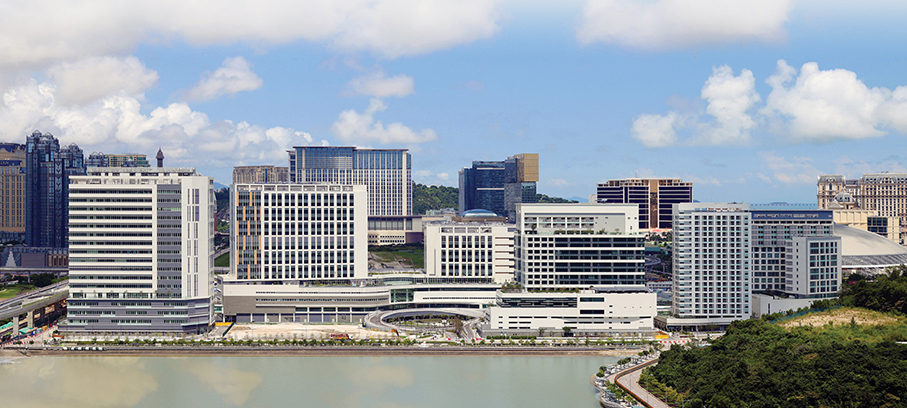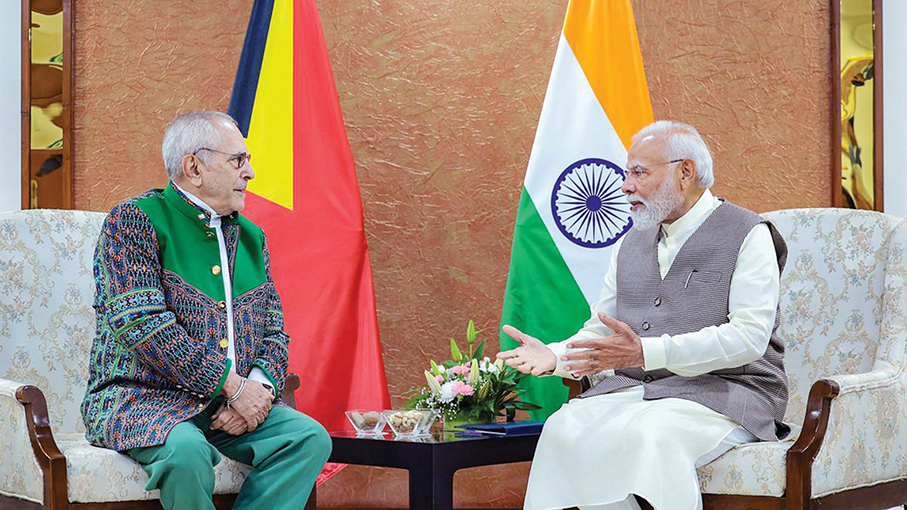Macau's annual wealth-sharing handout next year will once again be paid out in cash, Secretary for Economy and Finance Lei Wai Nong has told lawmakers.
Lei made the announcement during a Q&A session in the legislature's hemicycle about his portfolio's policy measures for next year.
The policy secretary said the government had listened to citizens about the way the handout should be paid out next year, and consequently decided that cash could continue to be the modus operandi.
The wealth-sharing handout was launched by the government in 2008. While its amounts have been adjusted from time to time, residents have received them every year since the scheme got off the ground.
Unchanged from this and last year, permanent residents will receive 10,000 patacas (US$1,250) while non-permanent residents will get 6,000 patacas next year.
Earlier this month, Chief Executive Ho Iat Seng had said the government would gauge citizens' opinions about which way they would prefer the handout to receive next year, in cash as in the past or as a top-up of their consumption subsidy smartcards.
The 3,000 pataca smartcards (known as "siofai kat" in Cantonese) were issued by the government this year in the wake of the economic trough caused by the COVID-19 pandemic. They have been topped up once, which has given residents another 5,000 patacas to spend. The cards expire at the end of this year.
Lei told the legislature yesterday that the cash handout aimed to encourage residents to spend more in Macau, thereby supporting small- and medium-sized enterprises (SMEs) in particular and keeping people's jobs. Lei said this was a way of "supporting yourself and your friends".
"Our consumption is directly related to our rice bowl," he said.
Lei also said he expected the government's COVID-19 prevention and control measures to be "normalised" next year, adding that protecting residents' lives and health would remain the government's top priority.
Lei said Macau's successful fight against the novel coronavirus disease was based on "unity" among the special administrative region's population. Macau has recorded 46 COVID-19 cases since late January. All the patients have been cured and discharged from hospital, and no facilities have been reported. Macau has not confirmed a new COVID-19 case for over 150 days.
The policy secretary also said he expected Macau's GDP to fall around 56 percent this year. However, he also said that domestic demand was still able to support Macau's economy, pointing out that the domestic market accounts for 66 percent of GDP.
'Tourism+'
Lei also told the lawmakers that next year the government would "sort out" the relationship between tourism, gaming, the MICE industry (meetings, incentives, conventions and exhibitions) and other emerging industries, aiming to encourage the joint and healthy development of gaming and tourism.
Lei underlined the importance of sports tourism as an important component of tourism nowadays. He said that "tourism+sports" was a new way to cater for the needs of the urban middle class.
The policy secretary also noted that Macau's MICE sector has been gaining international recognition, adding that the government would promote cooperation between the Macau Government Tourism Office (MGTO) and Trade and Investment Promotion Institute (IPIM) in an effort to attract more high-end business travellers through the "tourism+conventions and exhibitions" concept.
Lei also underlined Macau's double status as a UNESCO-recognised World Heritage Site and UNESCO-designated Creative City of Gastronomy. adding that e-sports and e-commerce also have great development potential in Macau.
Lei also called for cross-border integration of "tourism+" and the importance of developing tourism derivatives to create synergies catering for specific visitor groups' travel, shopping and entertainment needs. He said that the government would continue to focus on promoting Macau's image as a "safe and healthy" destination also during the COVID-19 pandemic.
"Next year, we hope to combine various components such as e-commerce, events, culture, sports, food, shopping and entertainment to form a synergy to enrich the tourism experience, strengthen the cultural tourism brand and make tourists feel worthwhile to come to Macau," Lei said.
The policy secretary described Macau's culinary landscape as one of the tourism industry's trump cards, pointing that that there are 19 Michelin restaurants in Macau and more than 100 stores with special local features.
Lei also said that the government would keep an open mind on launching a third round of financial support measures next year, provided that this would be economically warranted.








